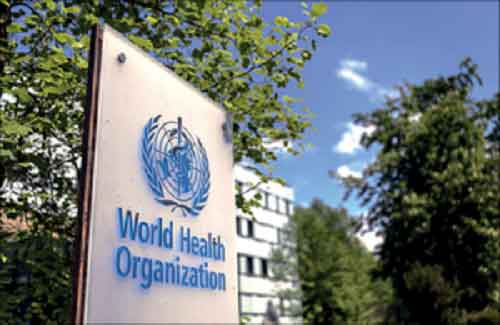
Medicines, behavioural interventions effective for quitting tobacco: WHO
New Delhi, July 2 – A combination of medicines and behavioural therapies can help adults effectively quit tobacco, said the World Health Organization (WHO) on Tuesday releasing its first-ever clinical treatment guideline.
According to the global health body, of the world’s 1.25 billion tobacco users, more than 750 million people or above 60 per cent wish to quit.
Yet 70 per cent of people lack access to effective cessation services — a gap caused due to challenges faced by health systems, including resource limitations, the WHO said.
The WHO recommends a comprehensive set of tobacco cessation interventions, including behavioural support delivered by health-care providers, digital cessation interventions and pharmacological treatments in the first guideline on tobacco cessation.
The guidelines, it said, are relevant for all adults seeking to quit various tobacco products, including cigarettes, water pipes, smokeless tobacco products, cigars, roll-your-own tobacco, and Heated Tobacco Products (HTPs).
“This guideline marks a crucial milestone in our global battle against these dangerous products,” said Dr Tedros Adhanom Ghebreyesus, WHO Director-General.
“It empowers countries with the essential tools to effectively support individuals in quitting tobacco and alleviate the global burden of tobacco-related diseases,” he added.
Further, the WHO said combining medicines with behavioural interventions have significantly increased quitting success rates.
The UN health body called on countries to provide these treatments at no or reduced cost to improve accessibility, particularly in low- and middle-income countries.
It also recommends varenicline, Nicotine Replacement Therapy (NRT), bupropion, and cytisine as effective treatments for tobacco cessation.